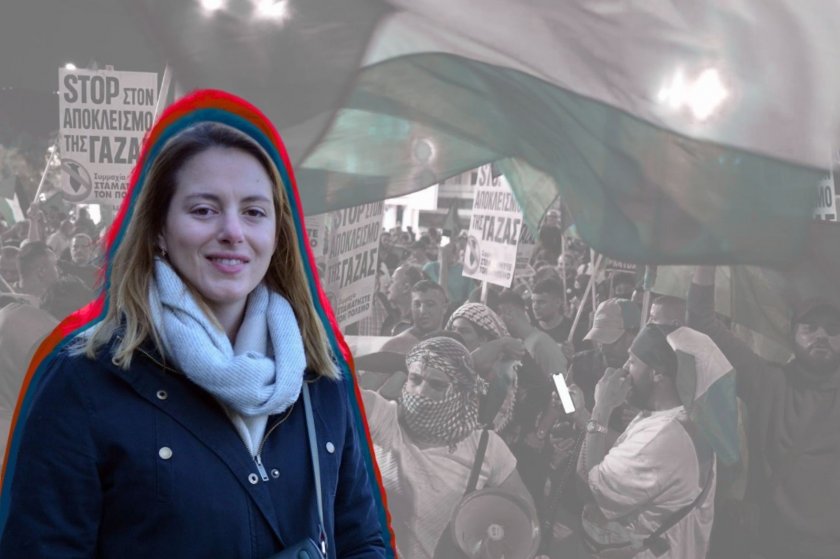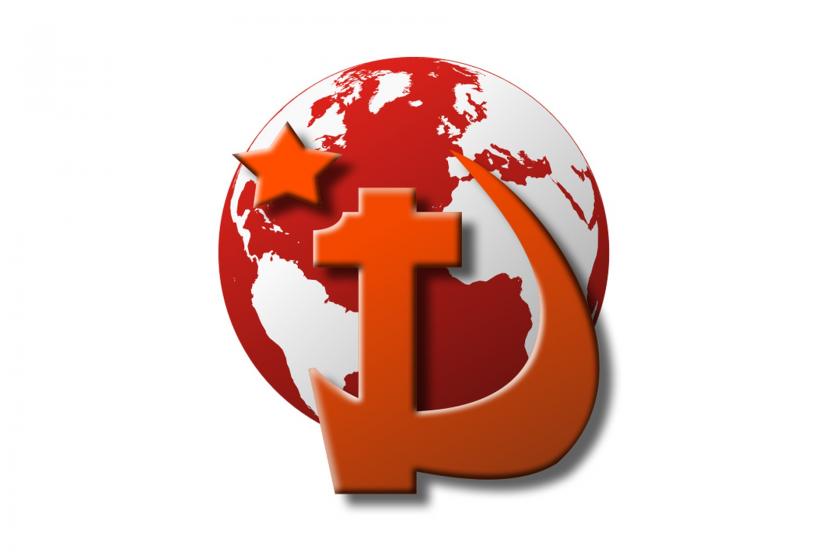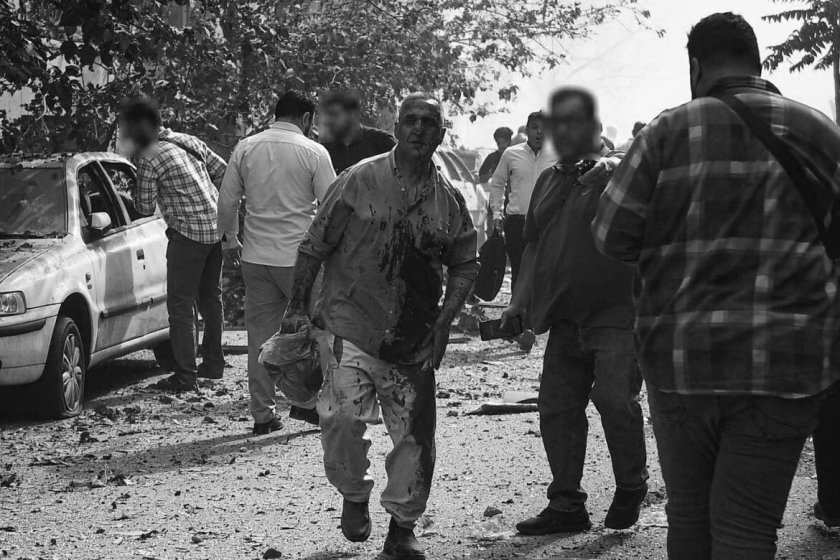How does Tunisia live after the Covid-19 pandemic?
Mortadha Labidi, the Central Manager of the Tunisian Workers' Party, wrote for the social and political developments in his country, from the rebellion of the young unemployed to the Libyan problem.

Fotoğraf: AA
Mortadha Labidi
As expected, the Covid-19 pandemic did not go away without a trace. On the contrary, on all levels and at all levels, its repercussions are alarming.
In fact, already in the midst of the fight against the coronavirus, the Tunisian government has taken all the necessary measures to shift the burden of the crisis on the working classes: cuts in wages and retirement pensions, 65% of the funds collected to fight against the pandemic going to replenish the pockets of businessmen under the pretext of saving private businesses and therefore, jobs from bankruptcy. No measure was introduced to stop massive and abusive dismissals, such that more than 240 thousand workers have been swelling the ranks of the unemployed, the number of which keeps growing from one year to the next. The numbers are reaching alarming levels. Which already suggests a particularly hot summer.
The myth that successive governments have not stopped spreading amongst this majority "middle class", which guarantees social stability, has collapsed. The spectacle of millions of people who braved the instructions and health bans to go and collect a humiliating social aid far from meeting the needs of their families (200 Tunisian dinars per month, or 60 euros for a family of 5 people ) in front of the post offices, reveals that the number of those crossing the poverty line was increasing every day.
So much so that the voices of these, began to be heard even before the containment was lifted. Social mobilizations were foreseeable, and they soon manifested themselves. The observatory of social movements recorded in May alone 516 protest actions; no region of the country was spared. They were spontaneous or organised, individual or collective and focused essentially on economic and social demands. Unions, associations and social networks have played an important role in initiating these movements, steering them and guaranteeing their continuity. This is the case of sit-ins organised for over a month in front of the Ministry of Employment by young unemployed graduates from the Kasserine region (central-west, 250 km from the capital) and who only ask for the implementation of an agreement signed in 2017 with government officials. The same goes for the sit-in taking place among doctorate holders, including all specialties and whose number today exceeds five thousand. In both cases, it is the UDC (Union of Unemployed Graduates) that is responsible for organising and supervising. In the interior regions, protests took various forms (occupation of workplaces, blockage of roads or railways, etc.)
How has the rulers been responding to these legitimate demands?
In his directives to his ministers to prepare the draft budget for the year 2021, the head of government insists on:
- The cancellation of all budget items relating to the recruitment of new civil servants, whatever the field (even for public health where the shortages are appalling; even for national education where more than 15 thousand positions are occupied by Eternal replacements or contract workers paid below the minimum wage),
- The cancellation of all promotions and graduation,
- The cancellation of certain bonuses obtained through years of union struggle,
- Compulsory cuts in wages and retirement pensions as a “social contribution”,
- Increasing indirect taxes and consumption taxes, another way to rob the poor,
not to mention the increases in the prices of basic necessities, fuel and medicines which have become commonplace and which are no longer even officially announced.
Meanwhile, the upper echelons of power no longer even try to hide their fierce struggles that are laid bare in broad daylight and on television sets every day: struggles over the prerogatives of each other, however well defined in the Constitution, struggles over the distribution of the spoils offered by the exercise of power ... The elections of last fall, having been unable to obtain any majority, opened the door to all kinds of unhealthy negotiations for the formation of a semblance of majority that cannot govern. Conflicts of interest within this majority block the normal functioning of the institutions and transforms parliament into a circus, the performances of which are transmitted live on television as a distressing spectacle.
The deterioration of the situation on the southern borders in Libya after the intervention of foreign forces on one side or the belligerent parties on the other, complicates things in Tunisia. More than 700,000 Tunisians are still working in Libya and risk returning on a mass basis if the situation deteriorates further. The displacement by Turkey of a few thousand terrorist mercenaries in Libya constitutes a serious threat to Tunisia. The alignment of the Muslim brothers in power in Tunisia with the positions of the reactionary Turkey-Qatar axis, threatens the unity of the Tunisian people and the integrity of the territory.
These are, in summary, the main features of the situation in Tunisia where a revolutionary or even democratic alternative is yet to emerge after the stinging defeat of the democratic and left forces which put themselves forward in dispersed ranks during the last elections, giving rise to a parliament whose majority, like the opposition, came from the reactionary right.
All hope is therefore centred on this social mobilization that is radicalising on a daily basis and is spreading to different regions of the country while gaining daily new social categories harmed by the fiercely neoliberal policies of a comprador bourgeoisie with no consideration for the country or for the people. And it is up to the revolutionary forces to know how to take advantage of this.
Forwarding to the next article...
10 seconds remaining






Follow Evrensel